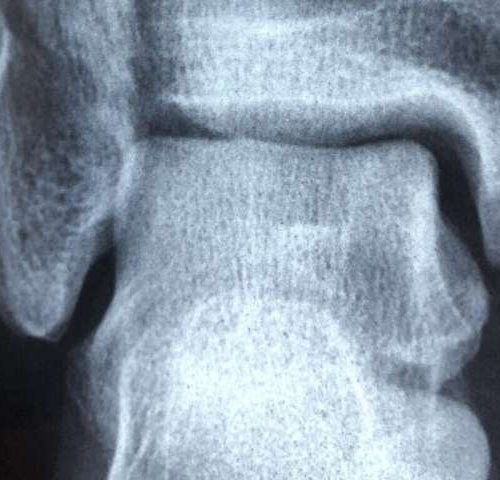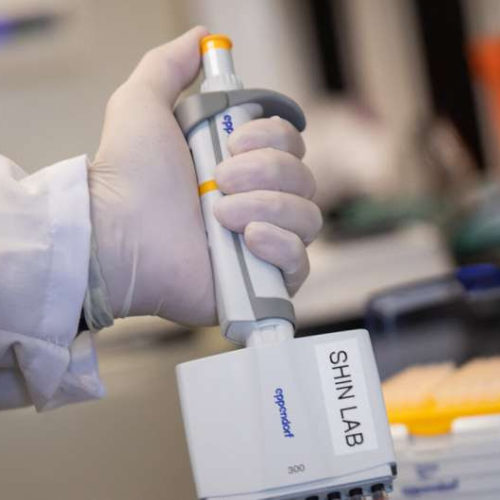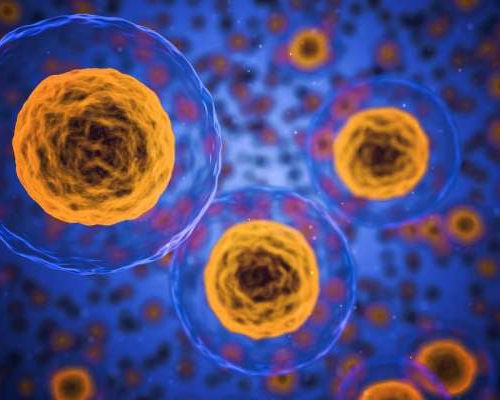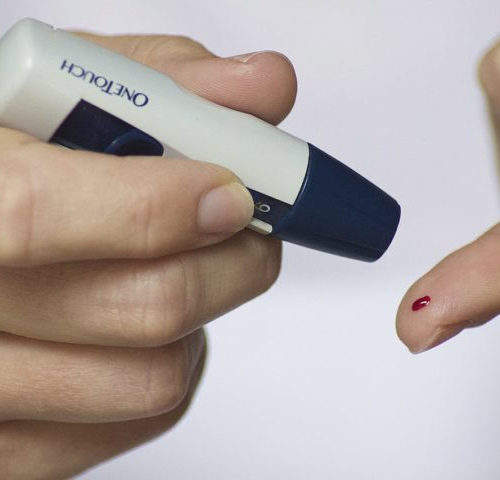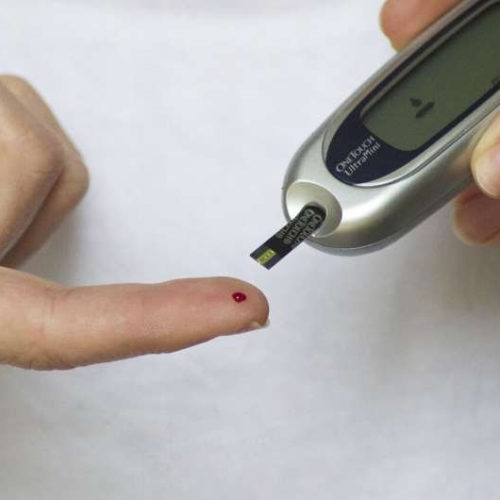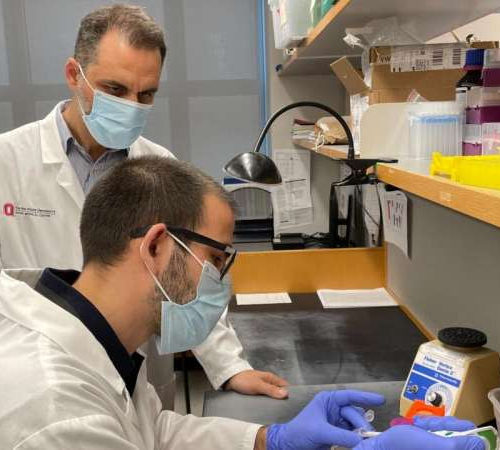MONASH UNIVERSITY Monash University researchers have uncovered the barrier to β-cell (beta cell) regeneration that could pave the way for improved treatments for diabetes and diseases that involve organ and tissue damage. The human body doesn’t repair itself very well, with our liver the only organ that can regenerate efficiently. We have limited capacity to regenerate new...
Category: <span>Diabetes</span>
Genetic link found between diabetes and bone fracture risk
by Calley Jones, Broad Institute of MIT and Harvard Credit: CC0 Public Domain A new method for studying gene function shows how high blood sugar and bone density are connected in diabetes patients. Scientists have discovered thousands of genetic variants—tiny changes in the genetic code—that are linked to increased risk of various diseases. Learning what these variants...
Study highlights specific neurons responsible for type 2 diabetes development
by Glenys Young, Texas Tech University Andrew Shin leads the Neurobiology of Nutrition Laboratory. Credit: Texas Tech University Illness is almost never all in your head, but new research from Texas Tech University’s Department of Nutritional Sciences suggests a specific group of neurons in the brain may play a crucial role in the development of Type 2 diabetes....
AGEs Contribute to Disc Degeneration via Interaction with RAGE
Advanced glycation endproducts (AGEs) are a form of metabolic waste, sugary compounds that can interact harmfully with structures and cells in the body. A few forms of persistent AGE can form lasting cross-links in the extracellular matrix that change the structural properties of tissues, contributing to the loss of elasticity in skin and blood vessels, for example. Most...
‘Weak’ and ‘strong’ cells bonding boosts body’s diabetes fight
by University of Birmingham Credit: CC0 Public Domain Scientists have broadened our understanding of how ‘weak’ cells bond with their more mature cellular counterparts to boost the body’s production of insulin, improving our knowledge of the processes leading to type 2 diabetes—a significant global health problem. Type 2 diabetes mellitus occurs when β-cells cannot release enough insulin—a tightly...
Pancreatic β cell-derived exosomal miR-29 family enhances hepatic glucose output
NANJING UNIVERSITY SCHOOL OF LIFE SCIENCES In a new study published in Journal of Extracellular Vesicles, Chen-Yu Zhang’s group at Nanjing University, School of Life Sciences, and Antonio Vidal-Puig’s group at University of Cambridge report that pancreatic β cells secrete miR-29 family members (miR-29s) via exosomes in response to high levels of free fatty acids (FFAs)....
New research could lead to more treatment options for diabetes patients
For the first time, scientists have come up with a precise atomic-level explanation for why glulisine- a commonly used medication to treat diabetes- is faster acting than insulin. The findings, published in Scientific Reports, could have benefits for diabetes patients in ensuring that more improved insulin can be developed for future treatment. Image credit: Reversing Your...
Early research shows promise for therapeutics that delay type 2 diabetes
by Marissa Shapiro, Vanderbilt University Credit: CC0 Public Domain Vanderbilt researchers have discovered a unique pathway that initiates islet β cell inflammation—a hallmark of type 2 diabetes—putting them a step closer to developing targeted therapeutics for the disease that affects one in 10 Americans. The article, “RIPK3-mediated inflammation is a conserved β-cell response to ER stress” was published...
High doses of saccharin don’t lead to diabetes in healthy adults, study finds
by The Ohio State University Researchers at The Ohio State University Wexner Medical Center conducted a study expecting to confirm how artificial sweeteners contribute to glucose intolerance, but surprisingly learned that the sweeteners have no adverse effects on healthy adults and do not change metabolic profiles or lead to diabetes. Credit: The Ohio State University Wexner Medical...
Genetics reveals the link between blood insulin and gender: one size doesn’t fit all
by Natasha Meredith, University of Surrey Credit: University of Surrey The diverse impact of the genetic makeup in men and women on levels of fasting blood insulin has been identified for the first time in the largest international study of its kind. Publishing their findings in the journal Nature Communications, researchers from the University of Surrey, VIB-KU Leuven, University...

